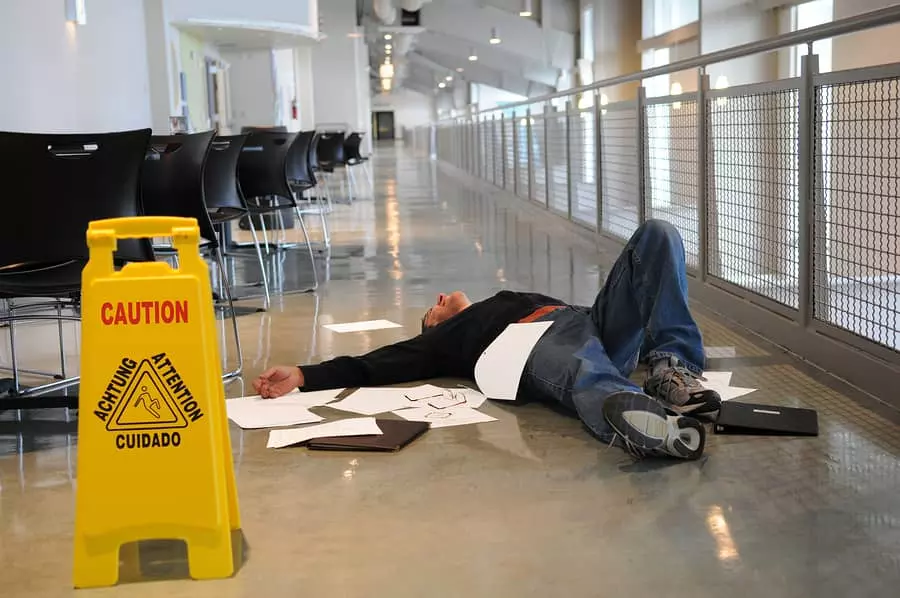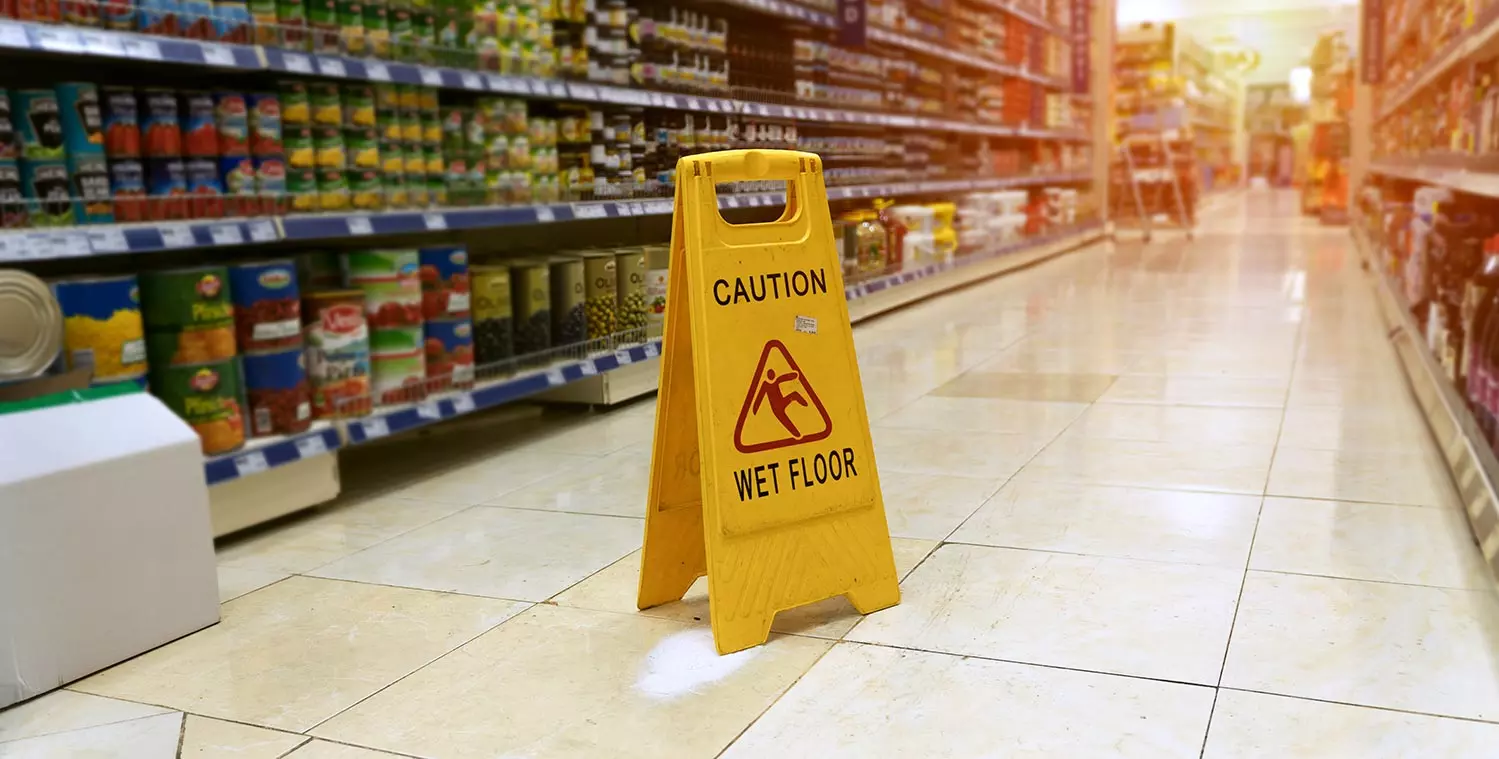Choosing Your Denver Slip And Fall Injury Lawyer
One of the most common accidents is slipping and falling. It happens almost every day to countless people. While they are often harmless, they can sometimes cause serious damage. Our Denver Personal Injury Lawyer can help you in this situation.
According to the National Floor Safety Institute (NFSI), people falling is the reason for more than 8 million emergency room visits. At 21.3%, it is the leading cause of emergency room visits. The intensity of an injury due to falling can range from a cut on the knee to a broken bone, even death. According to the Centers for Disease Control and Prevention (CDC), one out of every five falls ends in the person being seriously injured with a fracture or head injury. More than 800,000 people are hospitalized each year because of some injury they sustained during a fall.
If you or a loved one has sustained injuries after a fall, contact our Denver slip and fall injury lawyer for a free case consultation. Call us today at (303) 465-8733.
For a free legal consultation with a slip and fall injury lawyer serving Denver, call (303) 465-8733
Do I Need a Slip And Fall Injury Attorney?
- Our focus is 100% on our clients. Our team of lawyers is dedicated to representing our clients and making sure they will get the justice they deserve.
- We have a reputation for winning our injury cases. Our lawyers have recovered millions of dollars for our deserving clients.
- You can always rely on our firm as our client and are always available to them. If you have any questions regarding your injury claim, reach out to us at any time.
Start your claim today by first connecting with a slip and fall attorney in Denver, and getting a free consultation.
Our Colorado Locations
Denver Slip And Fall Injury Lawyer Near Me (303) 465-8733







